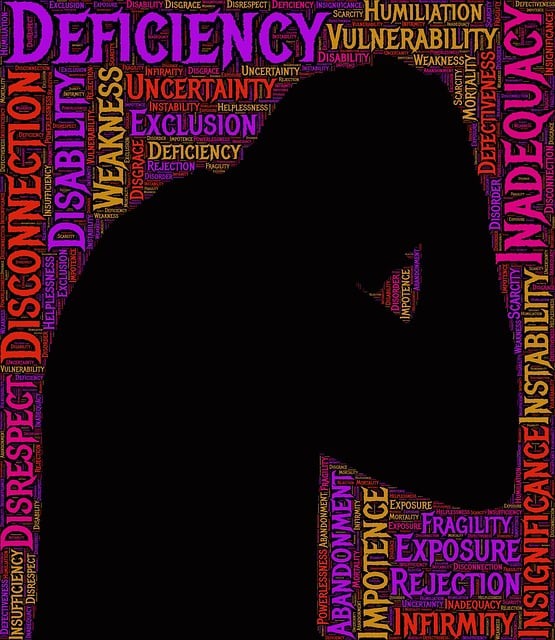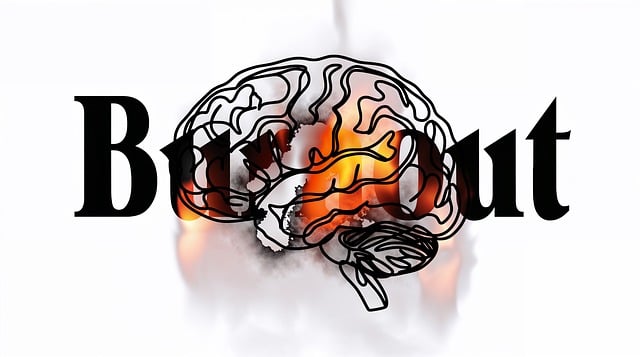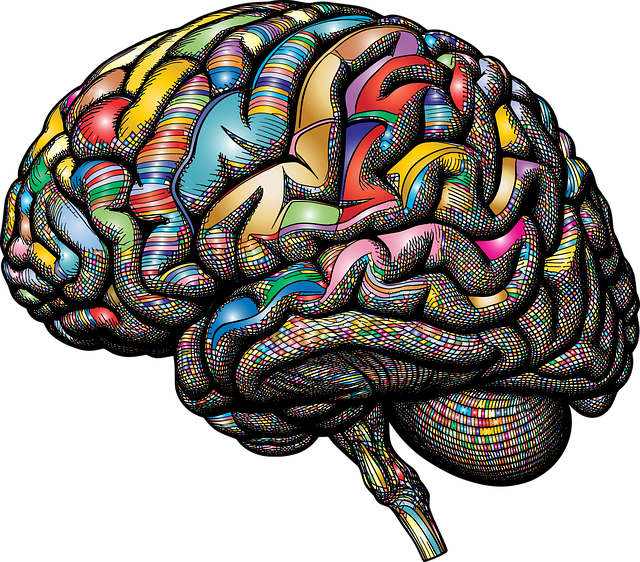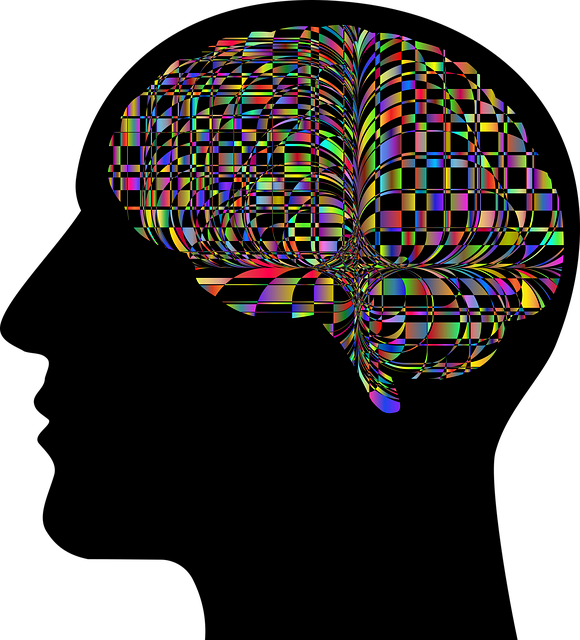Castle Rock Learning Disability Therapy offers effective treatment for anxiety disorders through Cognitive Behavioral Therapy (CBT), mindfulness, and relaxation techniques. They help individuals recognize physical and cognitive signs of anxiety, teach healthy coping mechanisms, and promote holistic lifestyle changes including balanced diet, exercise, and social connections. Their evidence-based approaches empower clients to manage anxiety, reduce stigma, and enhance overall well-being.
Anxiety is a common challenge that can significantly impact daily life. If you or someone you know struggles with anxiety, understanding effective management techniques is crucial. This comprehensive guide explores various strategies at your disposal, from evidence-based therapies like Cognitive Behavioral Therapy (CBT) to mindfulness practices and lifestyle adjustments. By delving into these methods, you’ll discover how Castle Rock Learning Disability Therapy offers tailored support for managing and overcoming anxiety symptoms.
- Understanding Anxiety: Recognizing the Signs and Symptoms
- Cognitive Behavioral Therapy (CBT): A Powerful Tool for Managing Anxiety
- Mindfulness and Relaxation Techniques to Calm Your Mind
- Lifestyle Changes: Nurturing Well-being Through Diet, Exercise, and Social Connections
Understanding Anxiety: Recognizing the Signs and Symptoms

Anxiety is a normal human response to stressful situations, but when it becomes persistent and overwhelming, it can significantly impact daily life. At Castle Rock Learning Disability Therapy, we recognize that anxiety disorders are common and treatable. The first step in managing anxiety effectively is to understand what signs and symptoms to look for. These can range from physical sensations like a racing heart, rapid breathing, and sweating, to cognitive feelings of worry, fear, or restlessness. Many individuals also experience sleep disturbances, loss of appetite, and difficulty concentrating when experiencing heightened anxiety.
By identifying these early indicators, individuals can take proactive steps towards managing their anxiety. This often involves developing healthy coping mechanisms such as emotional regulation techniques, stress management strategies, and mood management skills. Our therapy services provide a safe space for learning and practicing these valuable tools, empowering individuals to navigate and overcome anxious thoughts and behaviors.
Cognitive Behavioral Therapy (CBT): A Powerful Tool for Managing Anxiety

Cognitive Behavioral Therapy (CBT) has established itself as a powerful tool in managing anxiety disorders, offering individuals an effective way to challenge and change unhelpful thought patterns and behaviors. This form of therapy is widely recognized and supported by mental health professionals, including those at Castle Rock Learning Disability Therapy. CBT focuses on the present and future, helping clients identify and modify negative or distorted thinking that contributes to anxiety and other emotional distresses.
By employing evidence-based techniques, CBT empowers individuals to develop healthier coping strategies and improve their overall well-being. The therapy encourages active participation, where patients learn to track their thoughts, emotions, and behaviors, gaining valuable insights into the links between them. This process not only facilitates a deeper understanding of anxiety but also enables individuals to build confidence in managing it effectively, thereby reducing the impact of mental illness stigma reduction efforts and enhancing their quality of life.
Mindfulness and Relaxation Techniques to Calm Your Mind

Anxiety can be a constant companion, but mindfulness and relaxation techniques offer powerful tools to reclaim calm. Practices such as deep breathing exercises and meditation allow individuals to focus on the present moment, quieting the anxious thoughts that often consume their minds. These methods, popularized by Castle Rock Learning Disability Therapy, are particularly effective for healthcare providers looking to implement burnout prevention strategies.
By integrating mindfulness into daily routines, one can significantly reduce anxiety levels and enhance overall well-being. This is especially crucial in high-stress professions where anxiety relief techniques can mitigate the effects of prolonged stress. Through dedicated practice, individuals can train their minds to stay grounded, fostering resilience against anxious urges and promoting a sense of inner peace.
Lifestyle Changes: Nurturing Well-being Through Diet, Exercise, and Social Connections

Anxiety management begins with adopting a holistic approach to well-being, and Castle Rock Learning Disability Therapy emphasizes the significant role that lifestyle changes play in mitigating anxiety. A balanced diet, regular exercise, and robust social connections are powerful tools in risk management planning for mental health professionals. Nutrition impacts brain chemistry, with certain foods boosting mood and reducing stress, while exercise releases endorphins, natural chemicals that act as mood elevators. Moreover, engaging in compassion cultivation practices can foster a sense of connection and reduce feelings of isolation, providing an alternative crisis intervention guidance when anxiety becomes overwhelming. These lifestyle adjustments work synergistically to create a supportive environment, enhancing resilience against anxiety disorders.
Anxiety management is a journey unique to each individual. By understanding anxiety’s intricacies through recognizing signs and symptoms, one can empower themselves with effective tools. Cognitive Behavioral Therapy (CBT) offers a powerful framework for challenging negative thoughts, while mindfulness practices promote calmness. Lifestyle adjustments, including diet, exercise, and social connections, play a pivotal role in enhancing overall well-being. Embracing these techniques, such as those utilized by Castle Rock Learning Disability Therapy, allows one to navigate life’s challenges with resilience, ultimately fostering a more peaceful and fulfilling existence.














